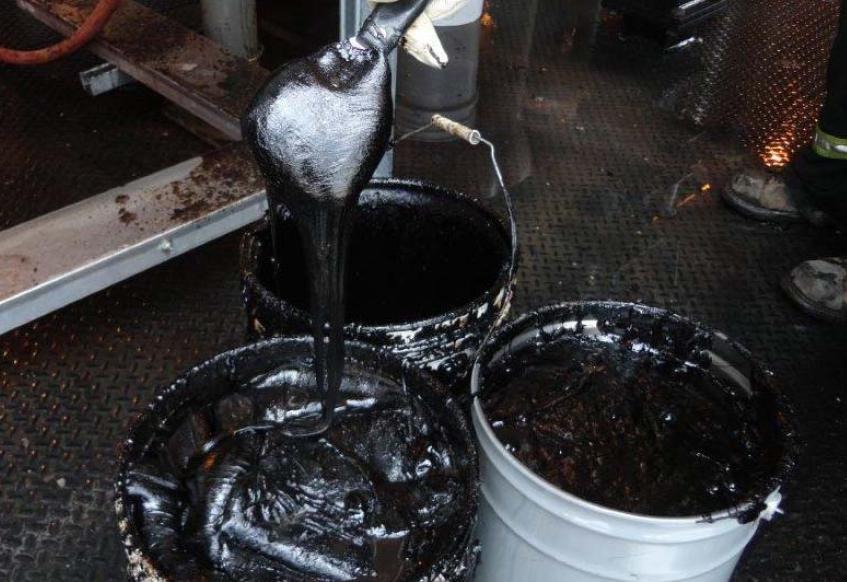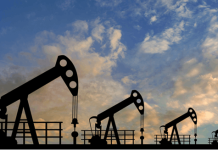ISLAMABAD: Import of tons of unprocessed coal tar – a highly viscous brown or black liquid resulting from carbonization of coal to make coke or coal gas – is depriving the Pakistan of sizable foreign exchange annually, reports WealthPK.
Local processing of this precious natural product, which is used in the production of many industrial goods, can help cut the country’s import bill and save precious foreign exchange.
In a discussion with WealthPK about coal tar and its industrial value, ex-general manager Hydro Carbon Development Institute of Pakistan (HDIP) Dr. Sagheer Malik said, “commercially, two common types of tar are used, i.e. coal tar and wood tar. Coal tar is mainly distilled from petroleum and coal sources, while wood tar is gained from vegetation through a similar distillation procedure. It is considered a sustainable waterproofing membrane for a long time.’’
Dr Sagheer said the basic difference between coal tar and asphalt is that the former is collected from organic substance distillation and the latter from petroleum or natural deposits’ distillation. Compared with bitumen, tar is higher in carbon content, and it is a good adhesive which liquefies more when heated, he said, adding that indigenous production of products from coal tar would be a huge revolutionary step in the country’s industrial sector.
Pakistan ranks 7th with about 185 billion tonnes of coal reserves and owns one of the leading coal tar deposits. It is widely used to produce a variety of chemicals, i.e. pitch, naphthalene, phenol, creosote oil, benzene, toluene, pyridine, ethylene, xylene, polyesters, propylene, ethylene, acetic acid, synthesis gas, plastics, acetic anhydride, electricity through gasification, etc. Through coal tar gasification, electricity can be produced.
Other industrial and commercial uses include tire production, roofing, longevity of roads, graphite electrodes, manufacturing of paints, creosote, cola-tar pitch, specialty oils, aerospace, automotive, rubber production, coking, production of synthetic and photographic materials, etc. It is also used in carbon electrodes and the aluminum smelting process.
Taking 2020 as the base year for the coal tar value of US$ 14.38 billion, the coal tar market is projected to reach US$18.64 billion at a compound annual growth rate (CAGR) of 3.2% by the year 2028.
According to the State Bank of Pakistan (SBP), Pakistan in 20121 exported a good quantity of oils, including high-temperature coal tar, crude oil from petroleum and bituminous, oil from petrol and bituminous mineral, petroleum coke, petroleum bitumen, bitumen and asphalt, natural shale, etc.
In 2020, coal-tar oil was the 754th most exported item from Pakistan, making it the 83rd largest exporter globally. During the same year, this product was the 57th largest import worth US$ 25.5k and the 270th most imported product in the country.
The government should ban the import of all those items which are exported in the same nature. Import of those chemicals or items which can be manufactured by using locally available raw materials should also be banned.





